Clinton: ‘Significant Differences’ With Iran Remain
May 25, 2012US secretary of state Hillary Clinton said Friday that “significant differences” remain over Iran’s nuclear program following two days of talks in Baghdad.
Clinton says the P5+1 – the five permanent members of the Security Council plus Germany – presented Tehran with a detailed proposal on all aspects of Iran’s uranium enrichment during this week’s talks in Baghdad.
The P5+1 plan reportedly calls on Iran to halt enrichment past 3.5%, ship its stores of 20% enriched uranium out of the country, and shut down its heavily fortified Fordow enrichment facility.
They had also called on Iran to live up to its obligations under the Nuclear Non-Proliferation Treaty and allow IAEA inspectors unrestricted access to its nuclear sites.
Iran, she says, put forth its own ideas, and significant differences remain.
However, European Union foreign policy chief Catherine Ashton said the two sides found “some common ground” and agreed to more talks in Moscow June 18 and 19.
“As we lay the groundwork for these talks,” Clinton said of what will be a third round of talks. “We will keep up the pressure as part of our dual-track approach. All of our sanctions will remain in place and will continue to move forward during this period.”
“Iran now has the choice to make: will it meet its international obligations and give the world confidence in its intentions or not?” she said.
Of key international concern is Iran’s secretive uranium enrichment program, especially its enrichment of uranium to 20 percent purity – a key jumping off point for enrichment to 90% weapons grade material.
Iran says its enrichment work is meant for medical research and generating electricity.
However, proliferation experts have noted that 3.5% enrichment is all that is needed for power generation, and that Iran has enriched far more uranium to 20% than is needed for medical isotope research.
Nor, they say, is Iran’s nuclear medicine research industry advanced or robust enough to justify the claim.
In November 2011, the IAEA released a report citing credible Western intelligence indicating Iran had engaged in – and likely continues to engage in – nuclear research of a military nature.
The report cited the construction of a high-explosives test chamber at the Parchin military base near Tehran, where IAEA officials believe Iran has been attempting to develop a charge that can detonate nuclear material.
IAEA chief Yukiya Amano in March charged Iran was engaged in an attempt to cover up nuclear activity of a military nature saying, “Iran is not telling us everything.”
Israeli officials – who are widely believed to be mulling a military strike on Iran’s nuclear facilities – have sharply criticized the talks, saying Iran is using them to stall for time for its nuclear weapons bid.
Ahead of this week’s round of talks Prime Minister Binyamin Netanyahu demanded the P5+1 take a tough line with Iran, and not compromise on demands Tehran completely halt uranium enrichment.
“This is the only way to ensure Iran will not build a nuclear bomb. This is Israel’s position. It has not changed, and it will not change,” Netanyahu said.
He also dismissed gainsayers who claim Iran’s nuclear program poses no threat to Israel, “There is no one who doubts the intentions of Iran.”
Similar posts
-
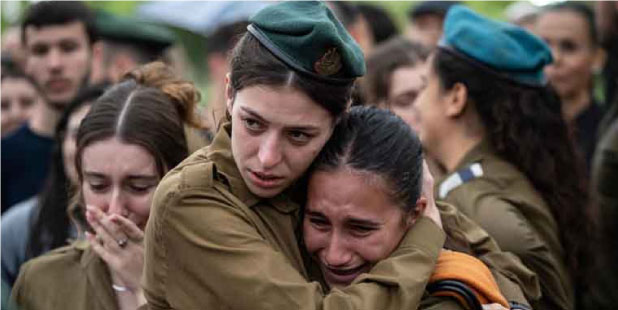
Israel Has The Most Moral Military In The World
April 10, 2024In the heart of a region often riddled with conflict, Israel stands out not only for its technologi...
-

The Resilience of the Israeli People
April 2, 2024Visitors from around the world have seen Hamas's October 7th Massacre's destruction in southern Isr...
-
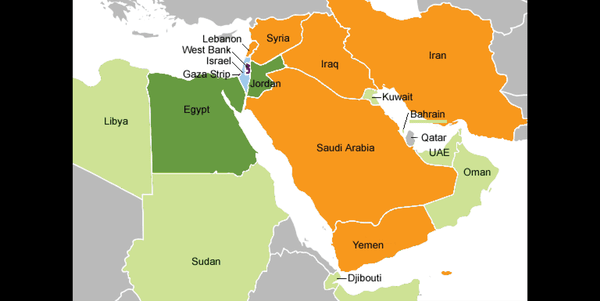
Israel: Small Size, Big Impact
March 21, 2024Nestled along the eastern edge of the Mediterranean Sea, Israel is a land of immense historical sig...
-
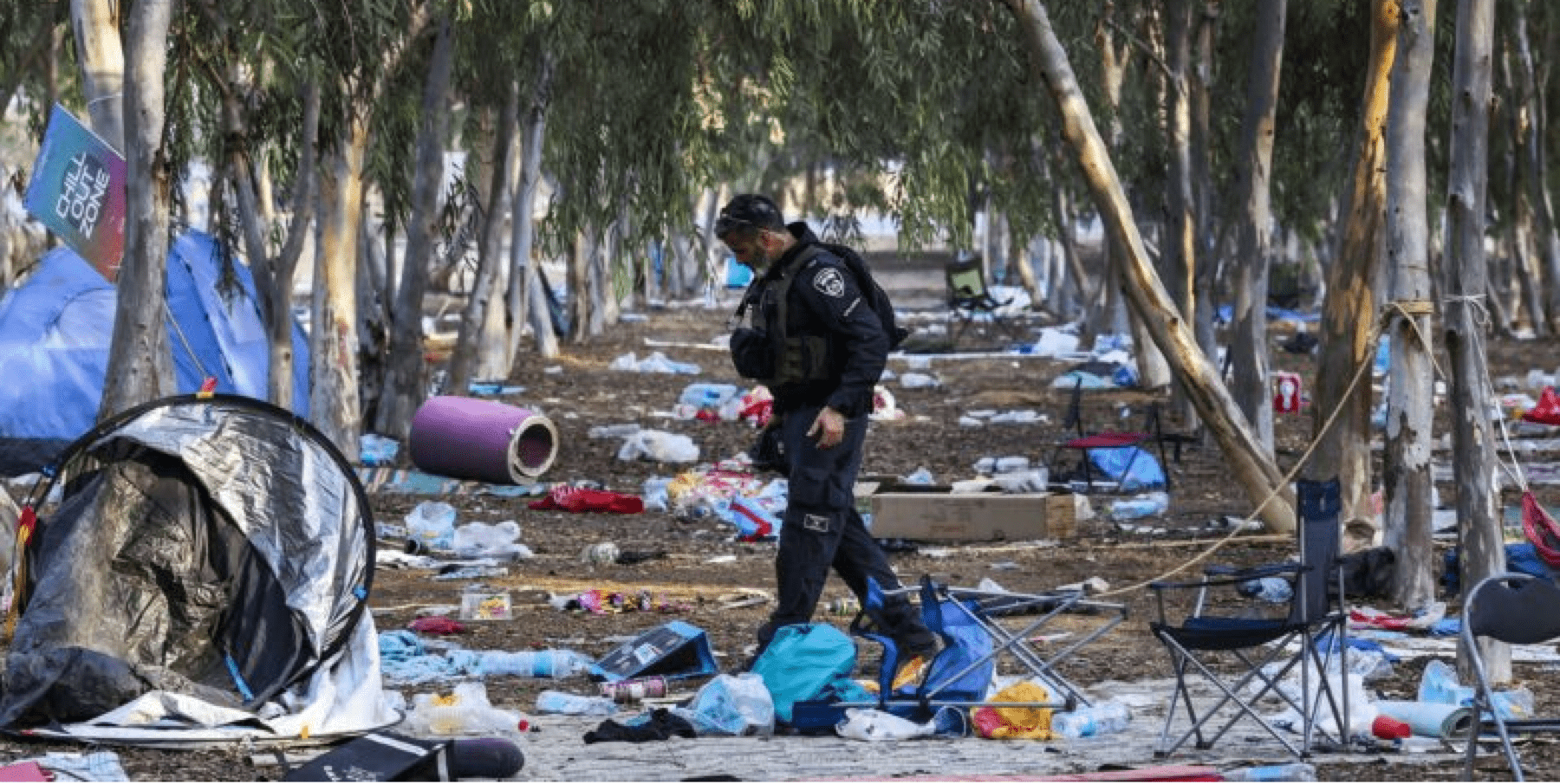
Israelis Are Fighting For Their Lives
February 21, 2024By Jonathan S. Tobin The world looks a lot different from Kibbutz Kfar Aza than it does in the U...
-
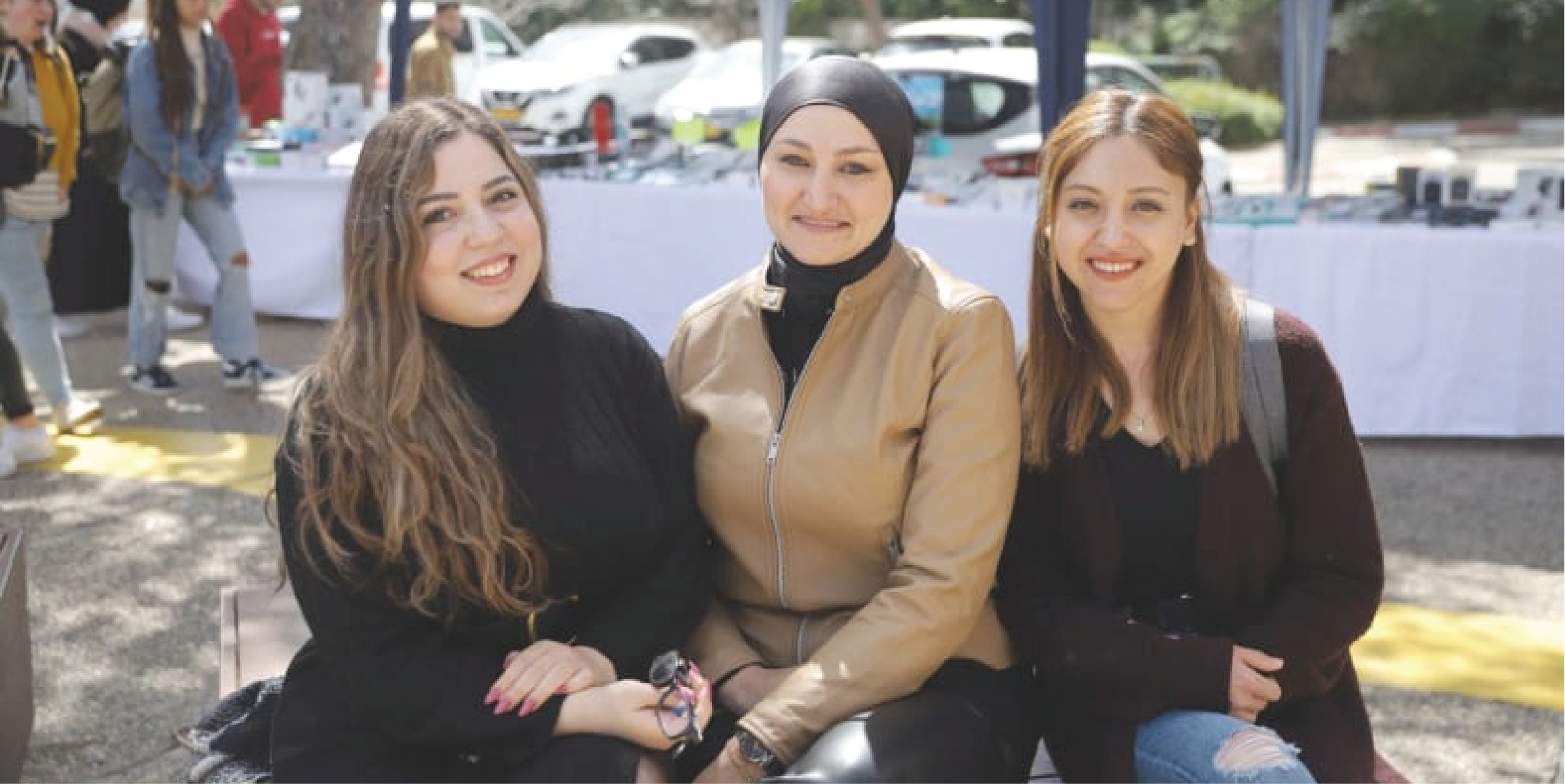
Over 2 Million Arabs Live In Israel
January 23, 2024In the complex landscape of the Middle East, where diverse cultures and identities intersect, Israe...
-
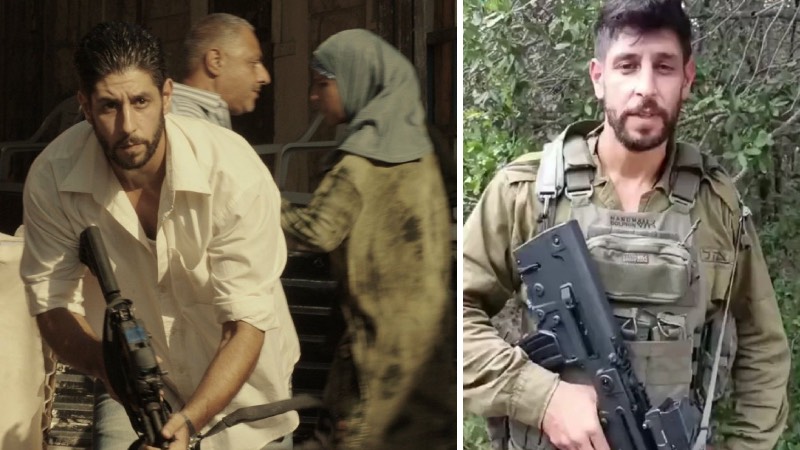
'Fauda' Star Idan Amedi Injured Fighting in Gaza
January 8, 2024Despite the severity of his injuries, Amedi's father assured Israeli news channels that his life is...
-
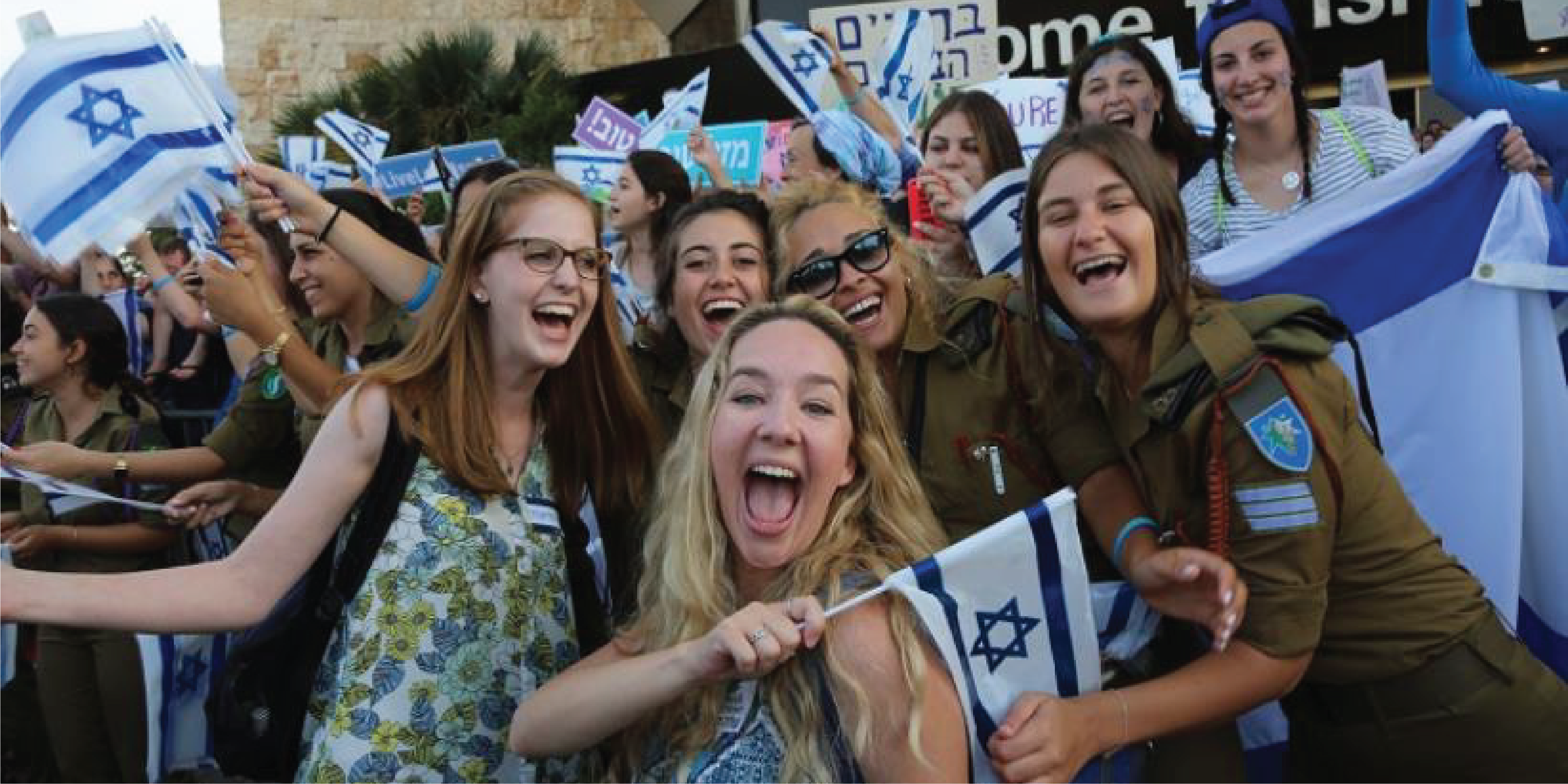
Israel Is A Great Country To Live In
December 28, 2023Nestled at the crossroads of the Middle East, Israel stands as a vibrant and dynamic nation, offeri...
-

Women's Empowerment in Israel
December 15, 2023In recent decades, Israel has witnessed a remarkable evolution in the status and empowerment of wom...




















